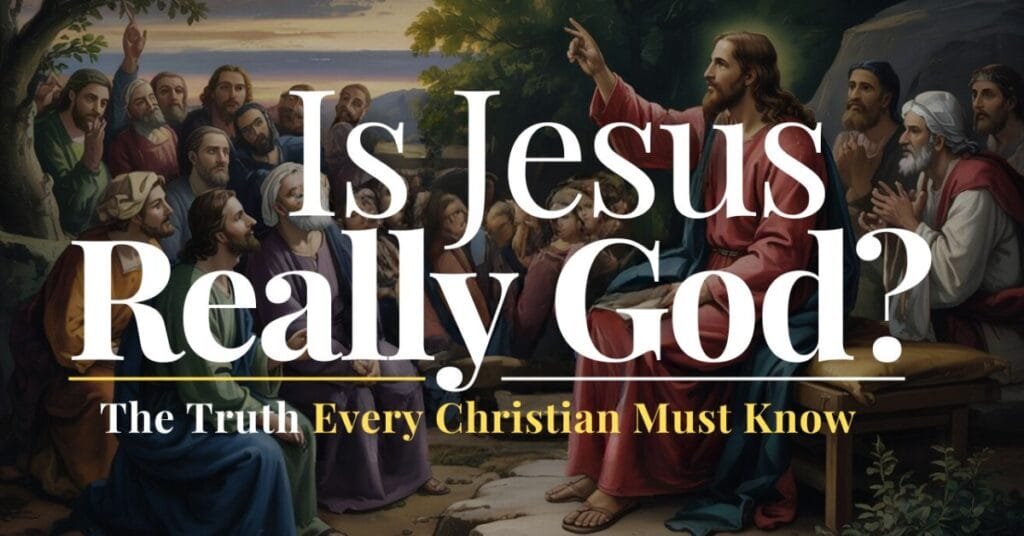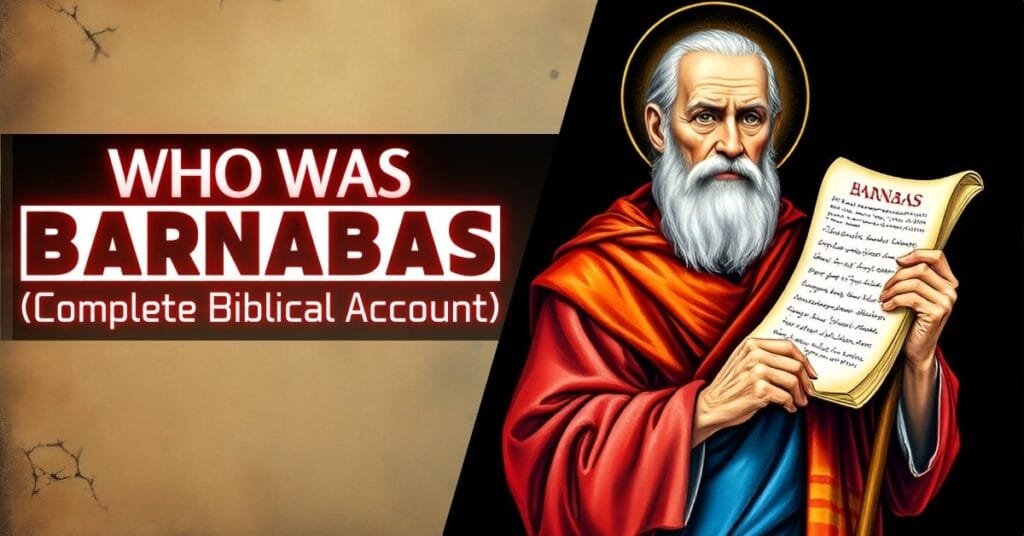The story of the Acts of the Apostles begins in a time of massive cultural, religious, and political complexity. The Roman Empire dominated the known world, with its military might, roads, and structures holding together diverse peoples and nations. Jerusalem was a religious hotspot, not just for Jews, but also for Gentiles intrigued by its monotheism and unique traditions. At the heart of this bustling, tense environment was a small group of Jesus’ followers—men and women who had just witnessed their teacher crucified and risen from the dead. Judaism itself was divided into multiple sects like the Pharisees, Sadducees, Essenes, and Zealots, each with differing beliefs about God, law, and the future of Israel. Into this world, Jesus had come preaching the kingdom of God and calling people to repentance, love, and faith in Him as the Messiah.
The book of Acts picks up right after the events recorded in the Gospel of Luke. It was written by the same author, Luke, a physician and companion of Paul. Addressed to a man named Theophilus, Acts continues the story where Luke’s Gospel left off. Its purpose is clear: to provide an orderly account of how the message of Jesus moved from Jerusalem to the heart of the Roman Empire. While the Gospel of Luke tells the story of what Jesus began to do and teach, Acts tells the story of what He continued to do through His followers, empowered by the Holy Spirit. The narrative is structured around the expansion of the early church, focusing initially on the leadership of Peter and then transitioning to the missionary journeys of Paul. It covers decades of church growth, struggles, and miracles, laying a foundation for the Christian faith across cultures and continents.
In the opening of Acts, Luke writes, “The former treatise have I made, O Theophilus, of all that Jesus began both to do and teach, Until the day in which he was taken up, after that he through the Holy Ghost had given commandments unto the apostles whom he had chosen” (Chapter 1:1–2). Jesus, before returning to heaven, spent forty days with His disciples. During that time, He appeared to them, ate with them, and spoke of the kingdom of God. He instructed them not to leave Jerusalem, but to wait for the promise of the Father, which, He said, was the baptism of the Holy Spirit. The disciples, still expecting a political transformation, asked Jesus if He was now going to restore the kingdom to Israel. He replied, “It is not for you to know the times or the seasons, which the Father hath put in his own power. But ye shall receive power, after that the Holy Ghost is come upon you: and ye shall be witnesses unto me both in Jerusalem, and in all Judaea, and in Samaria, and unto the uttermost part of the earth” (Chapter 1:7–8).
Then, something miraculous happened. As they watched, Jesus was taken up, and a cloud received Him out of their sight. They stood there, gazing upward, overwhelmed by the moment. Two men in white appeared and said, “Ye men of Galilee, why stand ye gazing up into heaven? this same Jesus, which is taken up from you into heaven, shall so come in like manner as ye have seen him go into heaven” (Chapter 1:11). With those words, the era of the church was set in motion—not with grandeur or political force, but with a small band of ordinary people waiting in an upper room, holding onto a promise. The stage was now set for a movement that would change the world.
The Selection of Matthias, Pentecost, and Peter’s Sermon
After the ascension of Jesus, the apostles returned to Jerusalem as He had instructed them. They went back to the upper room where they had been staying, a familiar place filled with memories and meaning. Inside, there was a sense of waiting and anticipation, yet they didn’t sit idly. They gathered constantly in prayer. The group included Peter, John, James, Andrew, Philip, Thomas, Bartholomew, Matthew, James the son of Alphaeus, Simon the Zealot, and Judas the son of James. Alongside them were the women who had followed Jesus, Mary the mother of Jesus, and His brothers. Altogether, about 120 people were part of this early community.
Peter, now stepping into a more visible leadership role, addressed the group. He spoke about the betrayal of Judas Iscariot, quoting Scripture to show how Judas’ death and the vacancy among the Twelve had been foretold. He reminded them that Judas had been counted among them and had shared in their ministry, but because of his actions, he had forfeited his place. Peter said that someone who had been with them from the time of John’s baptism until Jesus’ ascension should take Judas’ place. Two men were proposed: Joseph called Barsabbas (also known as Justus), and Matthias. The group prayed together, asking God to show them whom He had chosen. Then they cast lots, a common practice in those times to discern divine will. The lot fell to Matthias, and he was added to the eleven apostles.
With the group now whole again, they continued to wait in Jerusalem as Jesus had commanded. Then, on the day of Pentecost, everything changed. Pentecost was a Jewish festival celebrated fifty days after Passover, and Jerusalem was filled with pilgrims from all over the known world. As the disciples were gathered in one place, a sound came from heaven like a mighty rushing wind. It filled the whole house where they were sitting. Then they saw what looked like tongues of fire that separated and rested on each of them. Every one of them was filled with the Holy Spirit and began to speak in other languages as the Spirit enabled them.
The noise and the strange event caught the attention of the crowds outside. People from many nations, who had come to Jerusalem for the festival, were stunned. They heard the disciples speaking in their own native languages—languages from places like Parthia, Media, Elam, Mesopotamia, Judea, Cappadocia, Pontus, Asia, Egypt, and more. They were amazed and confused, asking one another, “What does this mean?” Some were curious and amazed, while others mocked and said they were just drunk.
At that moment, Peter stood up with the Eleven and raised his voice to address the crowd. This was a very different Peter from the one who had denied Jesus weeks before. He spoke with clarity and conviction. “These are not drunken, as ye suppose, seeing it is but the third hour of the day,” he said (Chapter 2:15). Then he began to explain what was happening. He quoted the prophet Joel, saying that God had promised to pour out His Spirit on all people—sons and daughters would prophesy, young men would see visions, and old men would dream dreams. He described signs in the heavens and on the earth, declaring that everyone who called on the name of the Lord would be saved.
Peter didn’t stop there. He turned the focus directly onto Jesus. He spoke to the people of Israel, reminding them of the miracles and wonders Jesus had done among them. He said, “Jesus of Nazareth, a man approved of God among you by miracles and wonders and signs… ye have taken, and by wicked hands have crucified and slain” (Chapter 2:22–23). But God had raised Him from the dead, Peter declared, freeing Him from the agony of death. He quoted King David’s words from the Psalms to show that this resurrection had been foretold, saying David spoke of one whose body would not see decay.
Peter continued, “This Jesus hath God raised up, whereof we all are witnesses” (Chapter 2:32). He explained that Jesus had been exalted to the right hand of God and had poured out the Holy Spirit, which was the very thing they were witnessing that day. He ended his sermon with a bold statement: “Therefore let all the house of Israel know assuredly, that God hath made that same Jesus, whom ye have crucified, both Lord and Christ” (Chapter 2:36).
The response was immediate and powerful. The people were cut to the heart and asked Peter and the other apostles, “Men and brethren, what shall we do?” Peter replied, “Repent, and be baptized every one of you in the name of Jesus Christ for the remission of sins, and ye shall receive the gift of the Holy Ghost” (Chapter 2:38). He urged them to turn from their corrupt generation and embrace this new life in Christ. That day, about three thousand people accepted the message and were baptized. They devoted themselves to the apostles’ teaching, fellowship, breaking of bread, and prayer.
These moments marked the birth of the church. What began in a quiet upper room among a small group of believers suddenly became a public and unstoppable movement. The Holy Spirit had come, and with it came power, clarity, boldness, and a vision that stretched far beyond Jerusalem. This was just the beginning, but everything that followed found its spark in these days of obedience, promise, and explosive transformation.



